Pets & Animals
How Poop Turns Into Forests | Ludmila Rattis | TED
Did you know the world’s largest tropical forest is partly formed by seeds emerging from poop? Ecologist Ludmila Rattis reveals the surprisingly fruitful benefits of letting nature take care of its own business, sharing how the digestive habits of tapirs — pig-like creatures that roam Amazonia — spread seeds that help regenerate the forest and…
Pets & Animals
How to Make Your Cat Happier — in 3 Minutes | Nicky Trevorrow | TED
There’s a simple way to increase your cat’s happiness, says animal behaviorist Nicky Trevorrow. She explains the importance of play for our feline friends — and for basically any species (looking at you, dog lovers!) — and shares specific, actionable strategies to boost your cat’s mental and physical health. (Recorded at TEDxCardiff on February 11,…
Pets & Animals
The Otters of Singapore — and Other Unexpected Wildlife Thriving in Cities | Philip Johns | TED
Animal behavior expert Philip Johns introduces us to the vibrant urban environments of Singapore, where city dwellers and skyscrapers coexist with a rich array of other species, including otters, hornbills and lizards — prompting the question: Can we design cities to be wildlife refuges? (Recorded at TEDxYale NUS College on October 21, 2023) If you…
Pets & Animals
Can Dogs Detect the Next Pandemic Before It Begins? | Glen J. Golden | TED
What if animals like dogs, ferrets, mice and raccoons could help sniff out the next pandemic? Exploring the science of smell, neurobiologist Glen J. Golden delves into the development of a “mechanical nose” that could detect diseases by identifying specific odor profiles. Until that technology is fully developed, he explains how we can train humanity’s…
-

 Science & Technology4 years ago
Science & Technology4 years agoNitya Subramanian: Products and Protocol
-

 CNET4 years ago
CNET4 years agoWays you can help Black Lives Matter movement (links, orgs, and more) 👈🏽
-
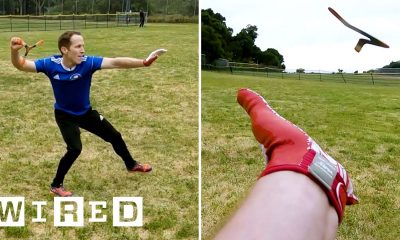
 Wired6 years ago
Wired6 years agoHow This Guy Became a World Champion Boomerang Thrower | WIRED
-

 People & Blogs3 years ago
People & Blogs3 years agoSleep Expert Answers Questions From Twitter 💤 | Tech Support | WIRED
-
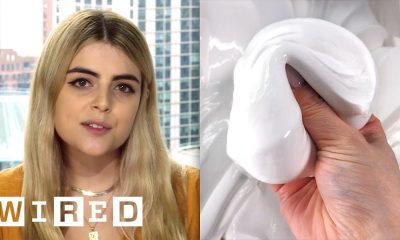
 Wired6 years ago
Wired6 years agoNeuroscientist Explains ASMR’s Effects on the Brain & The Body | WIRED
-

 Wired6 years ago
Wired6 years agoWhy It’s Almost Impossible to Solve a Rubik’s Cube in Under 3 Seconds | WIRED
-

 Wired6 years ago
Wired6 years agoFormer FBI Agent Explains How to Read Body Language | Tradecraft | WIRED
-

 CNET5 years ago
CNET5 years agoSurface Pro 7 review: Hello, old friend 🧙
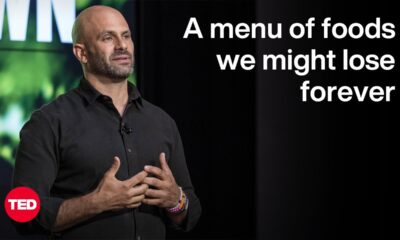

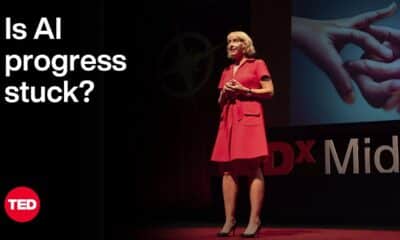

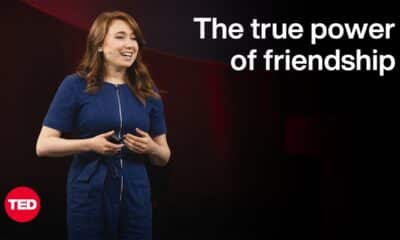

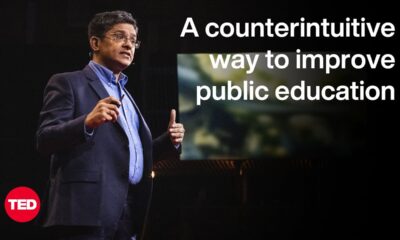

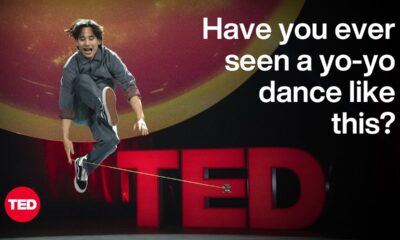

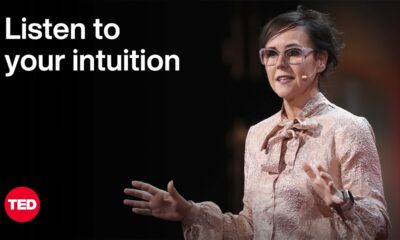

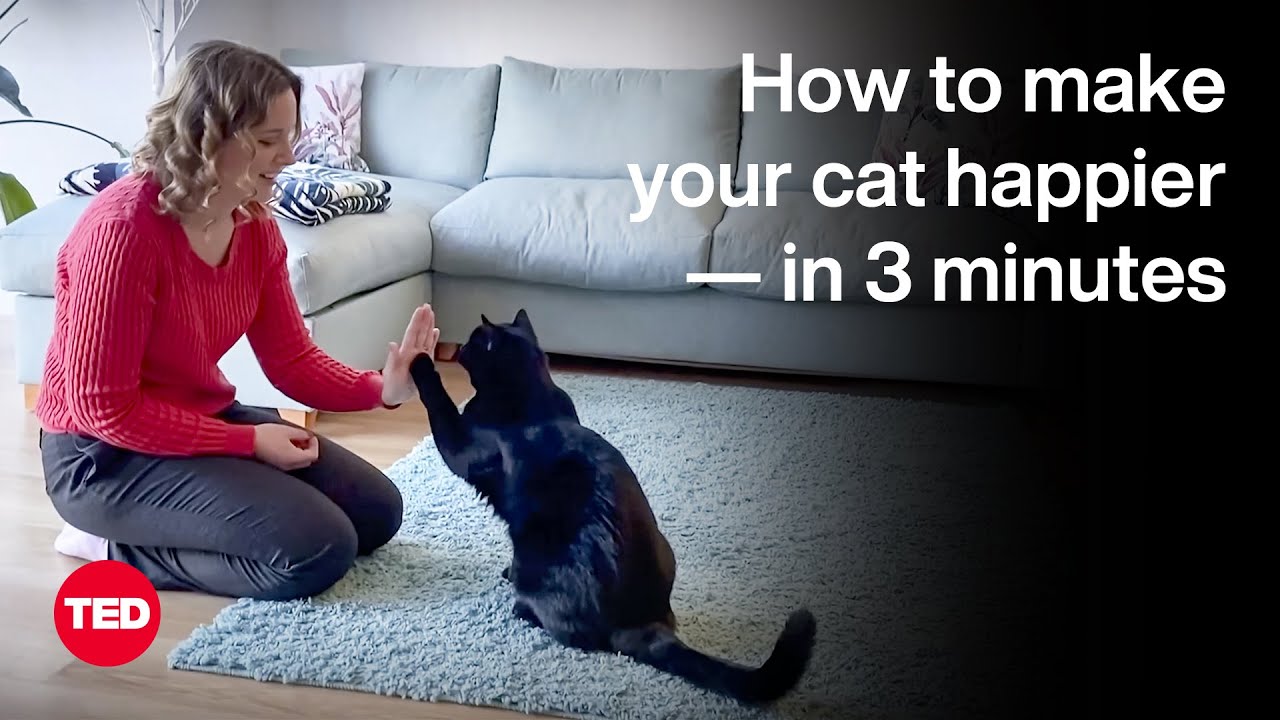
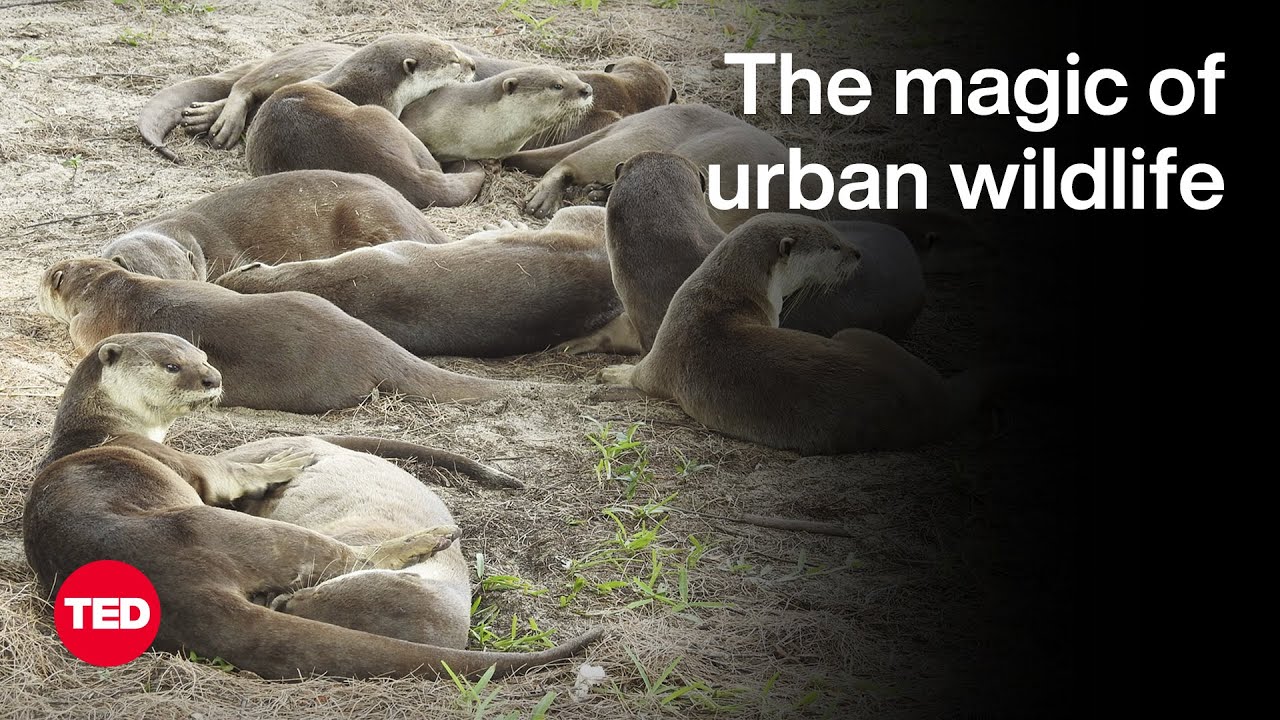
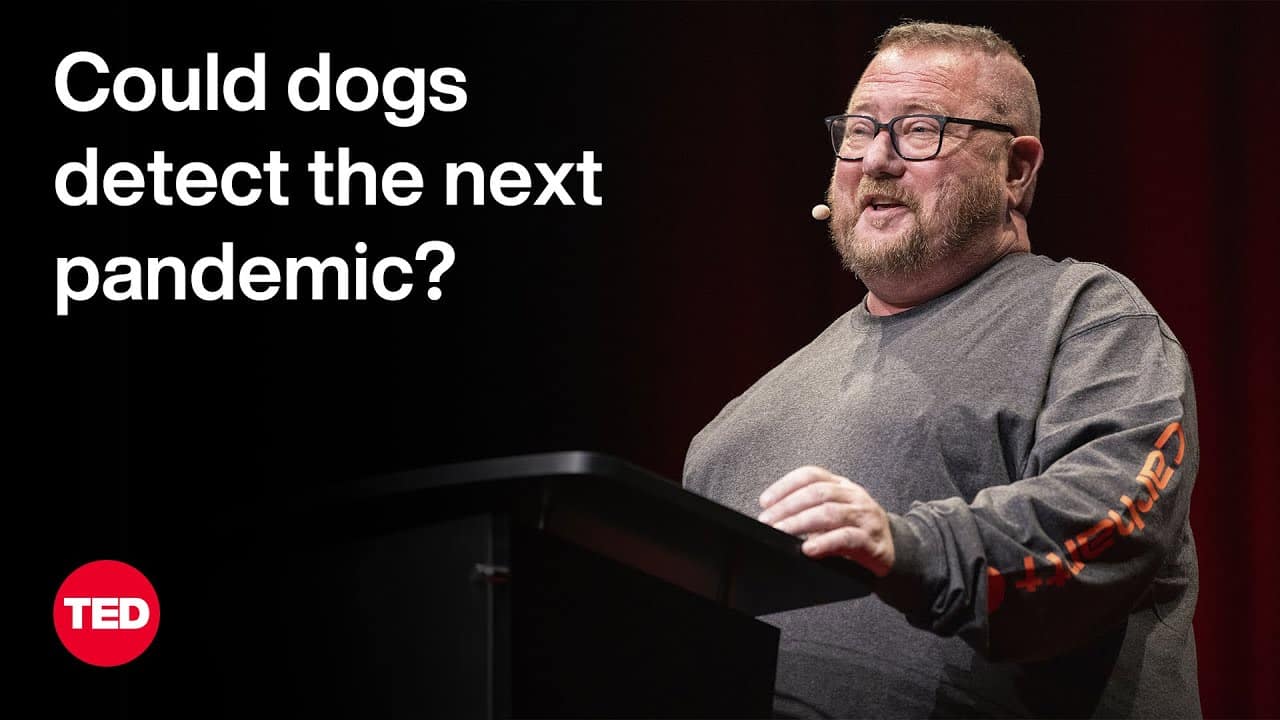




@Eldora-dd2ug
February 28, 2024 at 11:42 am
The soundtrack, the heartbeat; orchestrating emotions effortlessly through every note.🔥
@rezadaneshi
February 28, 2024 at 11:47 am
How much does the waste products of “all life forms ever lived on earth throughout history” weigh?
@justanothergrunt9053
February 28, 2024 at 11:58 am
18
@aldenisouza2015
February 28, 2024 at 11:48 am
I hope those animals can recuperate the Amazon forest.
@thatsdaniellelol
February 28, 2024 at 11:48 am
Lol that first laugh was from the soul!
Man I’d live to live on a farm for a few months and learn how that whole life works.
Thats my dream!!
..well one of them
@chaugg1
February 28, 2024 at 11:57 am
Great presentation ! Thank you! 👍👍
@BartholomeusLavern
February 28, 2024 at 12:04 pm
This comment won’t get over 17 likes…
@ForSteam-rn5ih
February 28, 2024 at 1:49 pm
You wrote exactly my dear friend
@umer8509
February 28, 2024 at 2:26 pm
It didn’t
@Phlotonic
February 28, 2024 at 12:16 pm
Most holistic shitposting I’ve ever seen
@anupammukherjee9249
February 28, 2024 at 1:10 pm
Amazingly positive & inspiringly bio friendly!
@melmmitchell
February 28, 2024 at 6:18 pm
That Brazilian she rules, greetings from Salvador-Bahia
@v.prestorpnrcrtlcrt2096
February 28, 2024 at 10:13 pm
Knock it off with the closed captions
@greenheaven_30x
February 29, 2024 at 6:04 am
May the policymaker hear and bear with the truth of this story.
@greenheaven_30x
February 29, 2024 at 6:06 am
@TED Why so short? PLEASE make it 20 to 25 minutes, let it be comprehensive, and elaborate.
@KateAgnes
February 29, 2024 at 6:22 am
I hope more people work together to save yourself saving the forests daily basis like my compatriot brazilian does at her work. Thank you for all and your family for preserving forests and wild animals
@zm23f
February 29, 2024 at 12:06 pm
Modern TED is💩
@PHANTASMONE
March 3, 2024 at 2:07 pm
She is Brazilian 🇧🇷